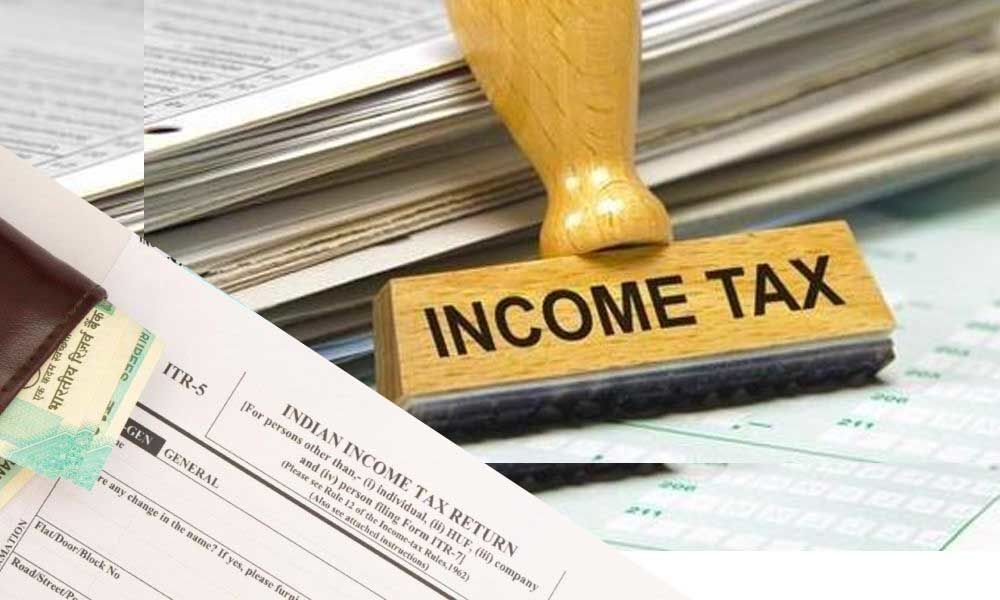Moving to a new country can be an exciting adventure, but it also comes with its fair share of challenges. One of the biggest hurdles that expats and digital nomads face is navigating the complex world of international taxation. In this article, we’ll explore some tips to help you navigate the murky waters of international taxes and avoid any potential headaches down the road.
Understand Your Tax Obligations
The first step in navigating international taxation is to understand your tax obligations. Depending on your country of origin and the country you are moving to, you may be subject to different tax laws and regulations. It’s important to do your research and understand the tax laws of both your home country and your new country of residence. If you’re unsure about your tax obligations, it’s always a good idea to seek the advice of a professional tax advisor.
Keep Accurate Records
Keeping accurate records is essential when it comes to international taxation. This includes keeping track of all your income, expenses, and receipts. Not only will this help you stay organized, but it will also make it easier to file your taxes and ensure that you don’t miss any deductions or credits that you’re entitled to.
Take Advantage of Tax Treaties

Many countries have tax treaties in place to prevent double taxation for individuals who earn income in both their home country and their country of residence. These treaties can provide a significant benefit for expats and digital nomads, but it’s important to understand the specific provisions of each treaty and how they apply to your situation.
Consider the Foreign Earned Income Exclusion
The Foreign Earned Income Exclusion (FEIE) is a provision in the US tax code that allows US citizens and permanent residents who live and work abroad to exclude a certain amount of their foreign earned income from US taxation. This can provide a significant tax benefit for expats and digital nomads who earn income outside of the US. However, it’s important to understand the specific requirements for qualifying for the FEIE and to file the necessary forms with the IRS.
Be Aware of Reporting Requirements
In addition to filing your taxes, expats and digital nomads may also be required to file additional reports with the IRS, such as the Foreign Bank Account Report (FBAR) and the Foreign Account Tax Compliance Act (FATCA) report. Failure to comply with these reporting requirements can result in significant penalties, so it’s important to be aware of them and file them on time.
Navigating international taxation can be a daunting task, but with the right knowledge and preparation, it’s possible to avoid any potential pitfalls. By understanding your tax obligations, keeping accurate records, taking advantage of tax treaties, considering the FEIE, and being aware of reporting requirements, you can ensure that your transition to a new country is as smooth as possible.




